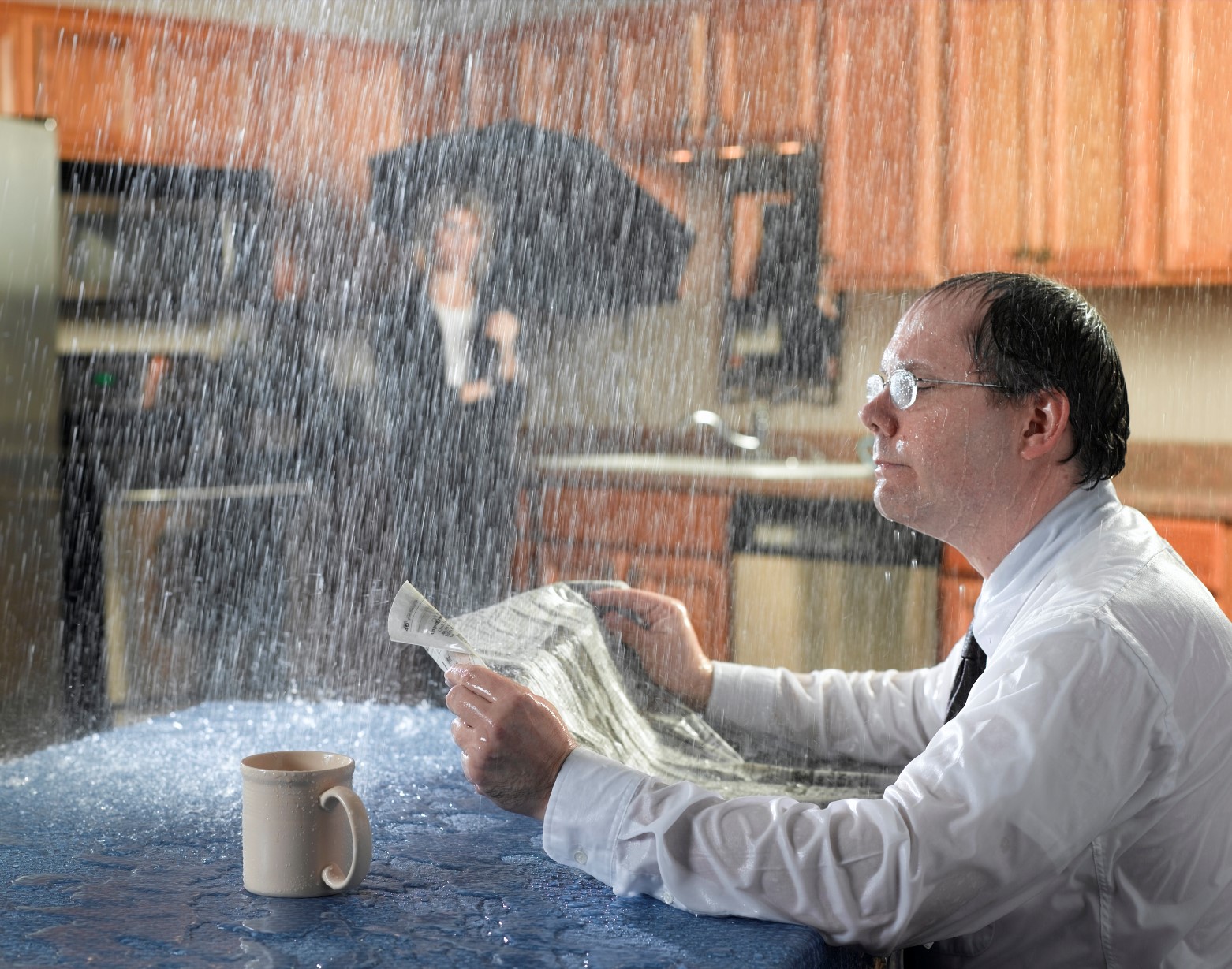The House's Principal Frequent Triggers of Leak Problems: In-Depth Analysis
The House's Principal Frequent Triggers of Leak Problems: In-Depth Analysis
Blog Article
Everyone will have their private conception about How to detect water leaks in your home.
Leaks not just trigger waste of water but can also create unneeded damages to your residence and advertise undesirable organic growth. By understanding as well as looking for everyday scenarios that create leakages, you can secure your home from future leaks and also unnecessary damages.
Instantaneous temperature changes.
Severe temperature changes in our pipelines can trigger them to expand as well as acquire suddenly. This growth and also contraction might cause fractures in the pipes, particularly if the temperature level are below freezing. It would be best if you watched on just how your plumbing works. The visibility of the formerly pointed out conditions frequently suggests a high threat.
Rusty water supply
As time passes by, your plumbing system ages as well as deterioration such as corrosion may begin gnawing the pipelines. This could be the cause of staining or warping on your pipes. This requires an inspection with your plumber immediately. Take into consideration replacing the pipelines given that they are at a higher danger of rust than the newer designs if our plumbing system is old.
Defective Pipeline Joints
The point at which your pipelines link is regularly the weakest web link in the waterline. Pipeline joints can weaken with time, leading to water leakages. The bulk of pipe joints are not easily visible. If you have noisy pipelines that make ticking or banging noises, especially when the hot water is switched on, your pipe joints are possibly under a lot of pressure. It is recommended to have your plumber check your system yearly.
Intruding origins
The majority of water leakages start outside the house rather than inside it. You may observe wet patches or sinkholes in your lawn, and also that could imply that tree roots are attacking water lines creating water to leak out.
Poor Water Connectors
Sometimes, a leakage can be triggered by loose hose pipes and pipelines that provide your home appliances. Usually, moving is what triggers the loose water Links. You could discover in the case of a cleaning machine, a hose may spring a leakage due to shaking during the spin cycle. In case of a water links leak, you may discover water running directly from the supply line or puddles around your devices.
Obstructed Drains
Obstructed drains could be frustrating and inconveniencing, however they can in some cases wind up creating an overflow causing break pipes. Keep eliminating any kind of products that may decrease your drains that could clog them to avoid such aggravations.
All the above are causes of leakages yet not all water leaks result from plumbing leaks; some leakages could come from roof leaks. All leakages must be repaired immediately to stay clear of water damages.
Leaks not only cause waste of water but can also cause unnecessary damage to your home as well as promote unwanted natural growth. By recognizing as well as looking for everyday situations that trigger leakages, you can safeguard your home from future leaks and unneeded damage. Today, we will look at six leakage triggers that might be creating your pipes to drip.
At times, a leak can be created by loose pipes as well as pipes that provide your home appliances. In situation of a water links leakage, you may discover water running directly from the supply line or pools around your home appliances.
How To Check For Water Leak In Your Home
How To Check for Leaks
The average household's leaks can account for nearly 10,000 gallons of water wasted every year and ten percent of homes have leaks that waste 90 gallons or more per day. Common types of leaks found in the home are worn toilet flappers, dripping faucets, and other leaking valves. These types of leaks are often easy to fix, requiring only a few tools and hardware that can pay for themselves in water savings. Fixing easily corrected household water leaks can save homeowners about 10 percent on their water bills.
To check for leaks in your home, you first need to determine whether you're wasting water and then identify the source of the leak. Here are some tips for finding leaks:
Take a look at your water usage during a colder month, such as January or February. If a family of four exceeds 12,000 gallons per month, there are serious leaks.
Check your water meter before and after a two-hour period when no water is being used. If the meter changes at all, you probably have a leak.
Identify toilet leaks by placing a drop of food coloring in the toilet tank. If any color shows up in the bowl after 10 minutes, you have a leak. (Be sure to flush immediately after the experiment to avoid staining the tank.)
Examine faucet gaskets and pipe fittings for any water on the outside of the pipe to check for surface leaks.
Undetected water leaks can happen without the home or business owner even realizing. If you suspect a water leak, but not able to find the source. It is time to contact a professional water leak detection service, The Leak Doctor.
How To Find a Water Leak In Your Home
https://www.leakdoctor.com/blog/How-To-Check-For-Water-Leak-In-Your-Home_AE197.html

I stumbled upon that entry on How Fast Water Damage Can Ruin Your Home when doing a lookup on the search engines. Do you know somebody who is interested in the subject? Do not hesitate to promote it. Thank you for taking the time to read it.
Go Services Report this page